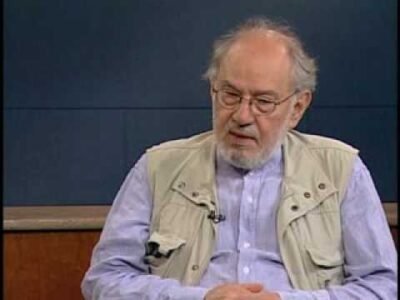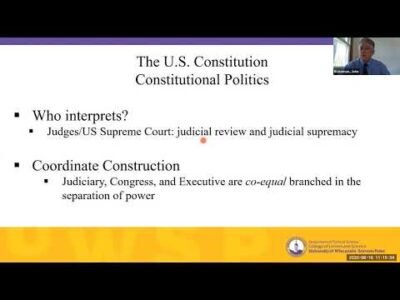I was wondering if you could clear this up for me. So… argues that Christ’s suffering was equivalent to our eternal damnation on account of the infinite dignity of Christ. So he appeals to the divine nature of Christ and that absolves the issue. But earlier this morning you mentioned that when Christ experienced the
Loss of fellowship with the Father it was through his human nature and not the divine, and so what I’m having a difficult time understanding is how we can appeal to the divine nature of Jesus in order for the sacrifice to be sufficient, while denying that it is the involvement of his divine nature.
This is a tremendous subtlety of Chalcedonian orthodoxy concerning the two natures of Christ. And that is that there is only one person who Christ is, and that is a divine person. It is the second person of the Trinity. There is no
Human person who is Jesus of Nazareth. There is a divine person who has a human nature as well as a divine nature. So it’s not that in virtue of his divine nature that Christ makes atonement; it is that you have a divine person who in his
Human nature bears our sin and punishment, and it’s the person that is divine and is the one who suffers and dies and so forth for our sins, but he does so with respect to the human nature.
#Function #Christs #Human #Divine #Natures #Atonement







No comment yet, add your voice below!